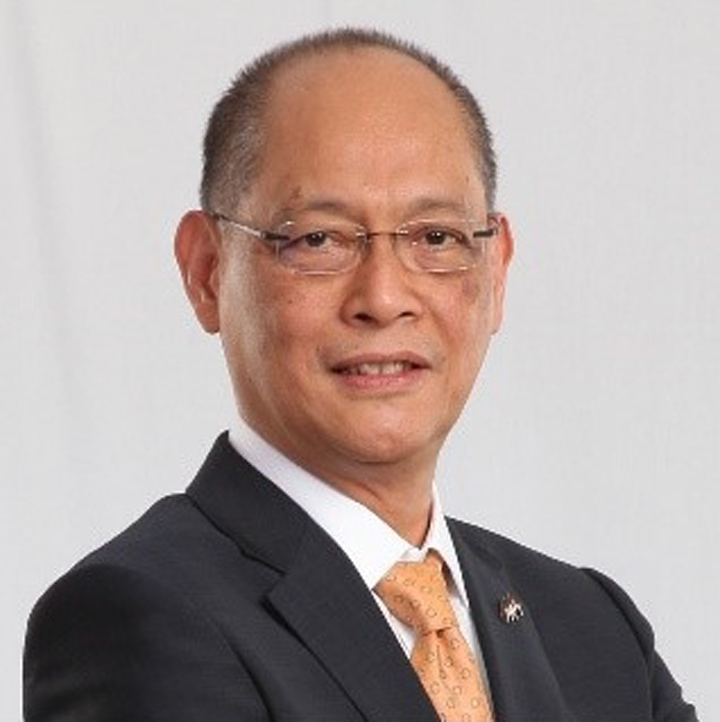
THE Bangko Sentral ng Pilipinas (BSP) and the payments industry led by the Philippine Payments Management, Inc. (PPMI) announced the full rollout of the QR Ph Person-to-Merchant (P2M) payment facility, one meant to simplify digital payments made by customers to merchants.
“Digitalizing merchant payments through QR Ph P2M is expected to have a far-reaching positive impact as it empowers small economic actors like micro, small and medium enterprises [MSMEs] to realize greater opportunities for growth,” BSP Governor Benjamin Diokno said.
QR Ph is the National QR Code which uses the Quick Response technology and code scanning for payments. It provides both customers and merchants faster and cheaper payment options.
QR Ph P2M allows customers to transact with a wider range of businesses, including purchases of goods and services in department stores, pharmacies, supermarkets, hardware stores, and restaurants.
P2M covers a broad consumer base that includes individuals, as well as MSMEs, which comprise over 98 percent of registered businesses in the country.
With the full implementation of QR Ph P2M, more banks and nonbank e-money issuers join entities that have been onboard since the facility’s pilot launch on April 30, 2021.
The full launch means customers who have accounts with AllBank, Asia United Bank (AUB), Cebuana Lhuillier Rural Bank, China Banking Corporation, Land Bank of the Philippines, Rizal Commercial Banking Corporation (RCBC), Starpay, Union Bank of the Philippines (UnionBank), and USSC Money Services Inc. (UMSI) can now pay using QR Ph to more than 20,000 participating merchants in over 30,000 locations and whose accounts are with AllBank, AUB, BDO, Cebuana Lhuillier Rural Bank, Metrobank, PayMaya, RCBC, Starpay, Unionbank, and UMSI.
With the interoperability feature of QR Ph P2M, consumers and merchants do not need to maintain an account with the same bank or e-money issuer to use the facility.
“Because of its low cost and ease of use, QR Ph P2M can enable small unbanked vendors, such as sari-sari store owners and tricycle drivers, to participate in the digital payments ecosystem and allow them to build financial profiles which may eventually facilitate their access to other financial products and services that can help them grow and enhance the resiliency of their businesses,” Diokno said.

